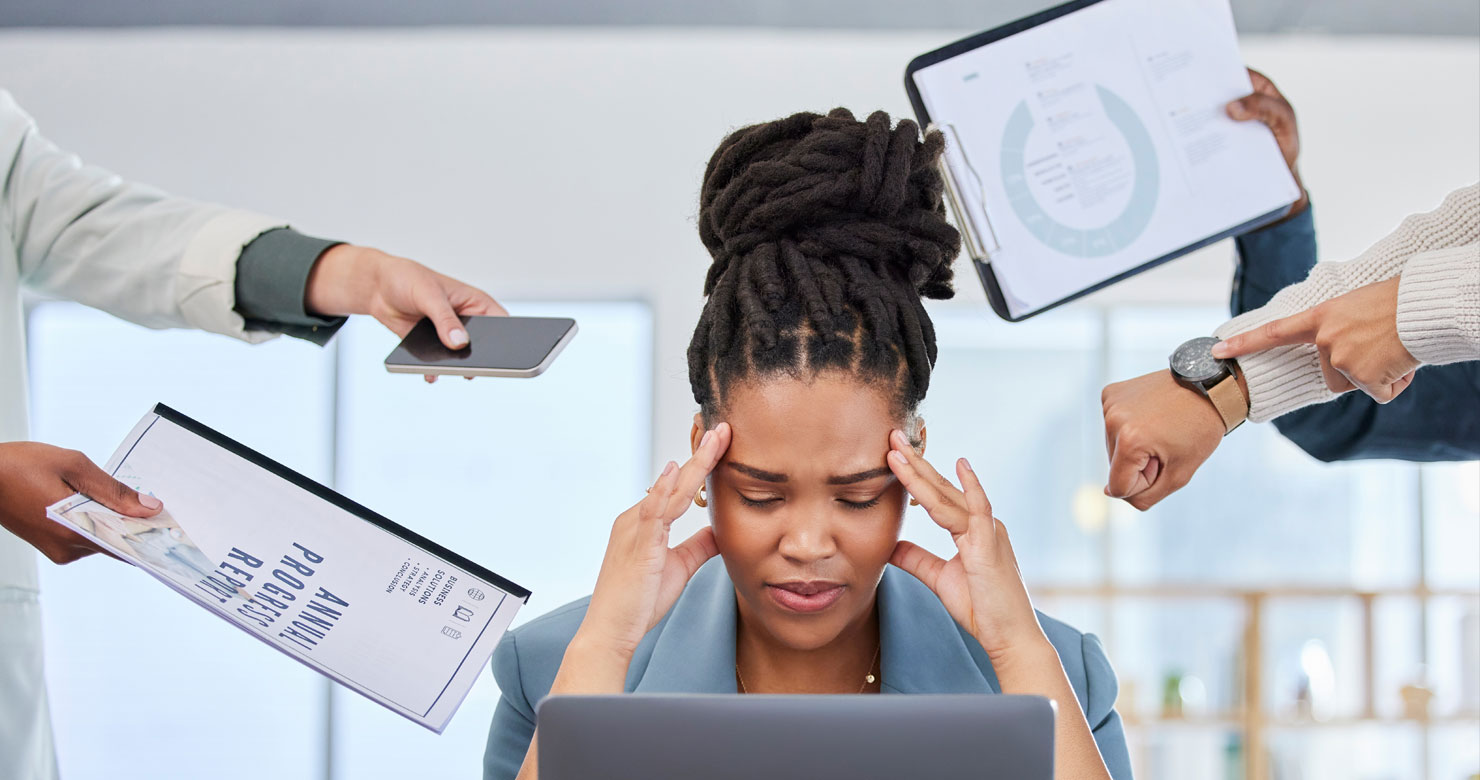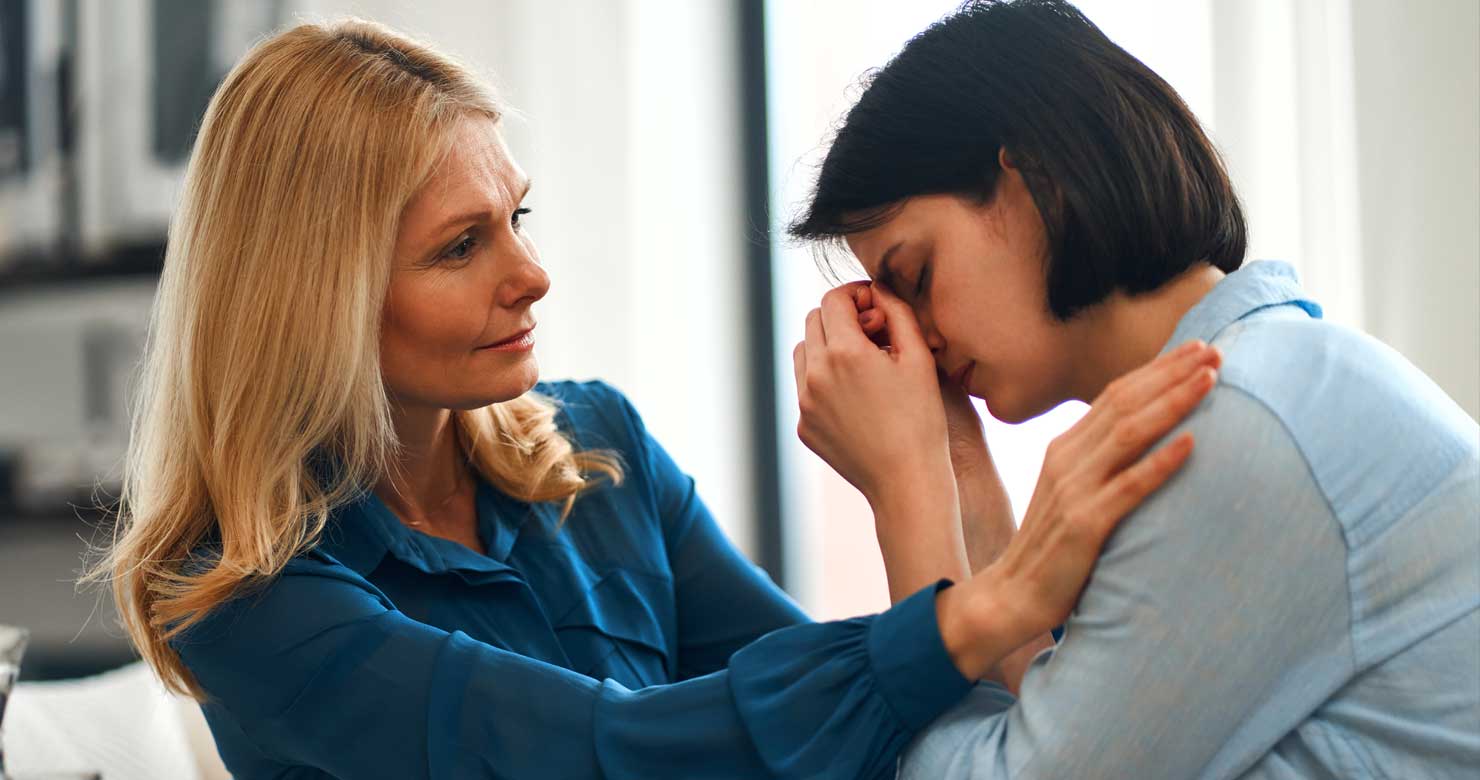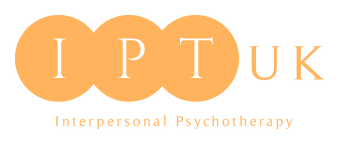Depression is a common psychological disorder involving, persistent sadness, loss of interest or pleasure, accompanied by several of the following symptoms:
- Disturbed sleep or appetite
- Feelings of guilt
- Low self-worth
- Feelings of tiredness
- Poor concentration
- Difficulties making decisions
- Agitation or physical restlessness
- Talking or moving more slowly than normal
- Hopelessness; suicidal thoughts or acts
It is common that someone suffering from depression has problems with functioning at home, at school or at work.
For example, you may struggle to complete tasks at home including:
- Cleaning
- Tidying
- Shopping
- Cooking
- Looking after the children or your home
The periods of depression can be long-standing or can be recurring at different times. Depression is common and the good news is that it is treatable. Depression may feel like a hopeless condition, but the hopelessness is a symptom of depression – it is not your prognosis. Even though you are suffering now, depression does respond to treatment. The outcome for your recovery with IPT treatment is promising. If there are things you cannot do because you are feeling depressed, that’s not your fault, you’re ill. However, you also have a responsibility to seek help, as a patient, to get better. Working on this programme is part of your effort to get better.
Is Depression Biological?
People often ask, “is my depression due to a chemical imbalance or to a stressful situation e.g., A stressful marriage?” It can be said that all depression has a biological component. This means that changes in sleep, appetite, energy levels and concentration, can be identified. There is also increasing information about a genetic basis for depression. These biological and genetic vulnerabilities, to depression, do not change the fact that depression also occurs in a psychosocial context.
For example, a person’s mood can be greatly impacted by upsetting changes in their relationships. Research has shown that stressful life events can trigger episodes of depression in genetically vulnerable people. Whilst we cannot change Genes, Psychotherapy can do a lot to identify and manage your stressful life situation.
There is good evidence that improving your own symptoms will have a positive effect on your children. IPT emphasizes that depression is a medical illness, and it is not the individual’s “fault” that they got depression. Depression is comparable to arthritis or diabetes that runs in families. Depression can be treated with medication, Psychotherapy or with a combination of both.
What about Alcohol and Drugs?
It is common for people with depression to have problems with alcohol abuse, as they tend to use alcohol to help them cope with depressive symptoms. In the short-term, alcohol may relieve sleep difficulties, anxiety, improve mood and perhaps, dull some painful memories. However, it is bad for coping with depression in the long run, as alcohol disturbs sleep and depresses your mood. It can also create additional problems with your family and work. Some people, unintentionally, have run into two problems when they tried to cope with depression by using drugs and alcohol – battling depression and struggling with alcoholism.
Is depression treatable?
When you are depressed it often feels like the symptoms will last forever, however, with an evidence-based treatment, like this IPT-B programme, there is a good chance that it will help you learn more about how to manage your depression. Typically, people start to notice an improvement, within 6-8 weeks of starting any therapeutic work.
What if I have suicidal thoughts?
The symptoms of depression can be overwhelming and invade every part of your life. Most depressed people feel hopeless about the future, making thoughts of suicide common in depression. It is not the person’s fault, but rather, part of the symptoms of depression which is treatable. It is important that you stay safe whilst you get help to improve your mood. People who are no longer depressed do not want to hurt themselves or think they are better off dead. If you have suicidal thoughts, it is strongly recommended that you request an urgent appointment with your GP or in an emergency call 999. If possible, attend your local A&E department.
Contact IC Therapies to find out more about IPT for the treatment of depression.






